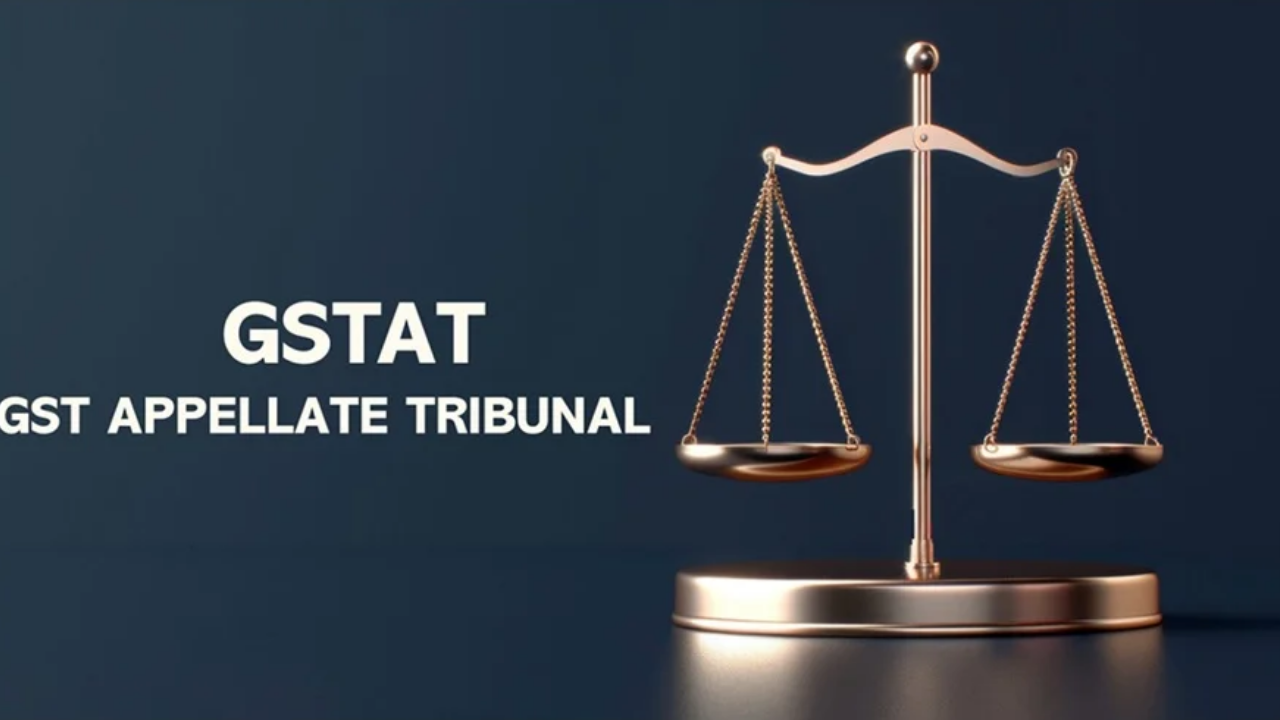The Goods and Services Tax Appellate Tribunal (GSTAT) is a key judicial body created to resolve disputes under the GST law. It serves as the second level of appeal for taxpayers and tax authorities who are dissatisfied with decisions from the initial GST authority.
Thank you for reading this post, don't forget to subscribe!Role and Functions
The GSTAT’s main objective is to provide a specialized and efficient way to settle GST disputes. Its key functions include:
- Resolving Disputes: The tribunal hears appeals on various issues, such as the classification of goods and services, valuation of supply, eligibility for input tax credit, and penalties.
- Ensuring Consistency: With multiple benches across the country, the GSTAT ensures that GST laws are interpreted and applied uniformly, which reduces confusion and litigation.
- Reducing Court Workload: By handling a large number of GST cases, it significantly lowers the burden on High Courts and the Supreme Court, leading to faster resolution of legal matters.
- Improving Ease of Doing Business: A quick and predictable system for resolving disputes provides more certainty for taxpayers and creates a better environment for businesses.
Structure
The GSTAT has a two-tiered structure with a Principal Bench in New Delhi and multiple State Benches throughout India.
- Principal Bench: Located in New Delhi, this bench is led by a President and handles appeals related to “place of supply” that have national implications.
- State Benches: These benches are located in various states and union territories. They handle appeals for cases within their specific regions. Each bench includes a judicial member and two technical members (one from the Centre and one from the State), ensuring decisions are based on both legal and technical expertise.
Recent Updates
Making the GSTAT operational is a critical step in strengthening India’s GST framework. For a long time, the lack of a functioning tribunal forced taxpayers to go to the already overwhelmed High Courts, resulting in long and expensive legal battles. The recent decision to make the GSTAT ready for accepting appeals by the end of September and starting hearings by December will provide much-needed relief to taxpayers and help clear the large number of pending cases. This move is expected to increase transparency and build greater trust in the GST system.

















